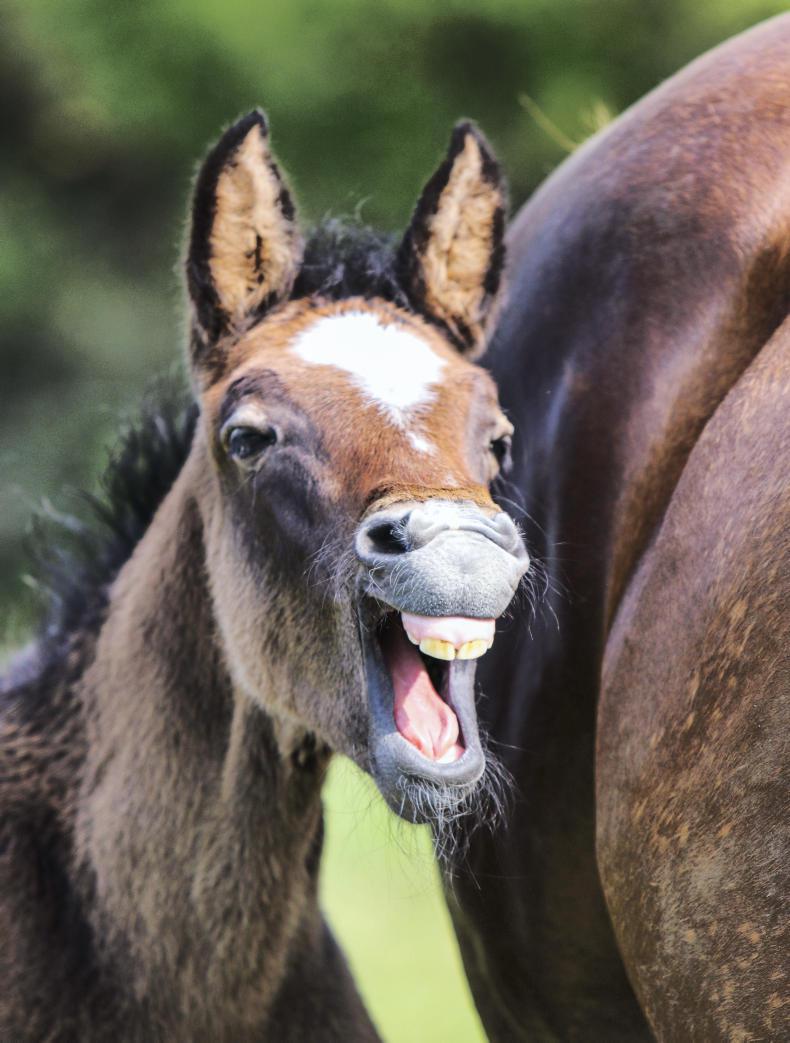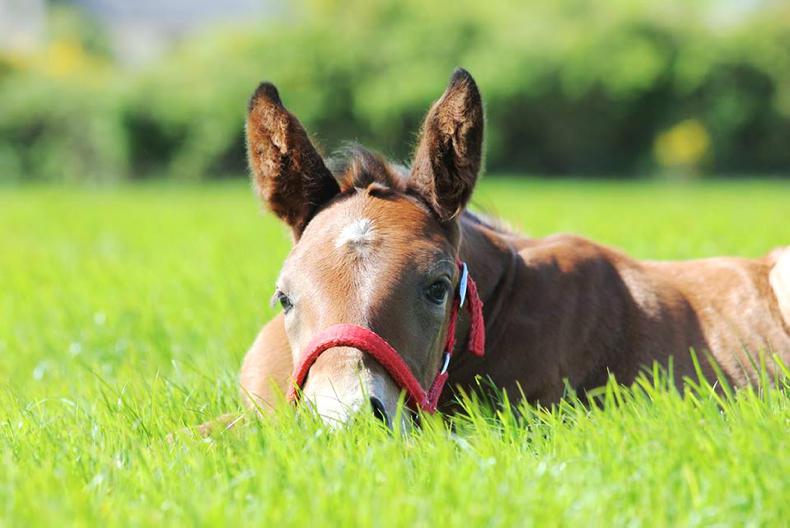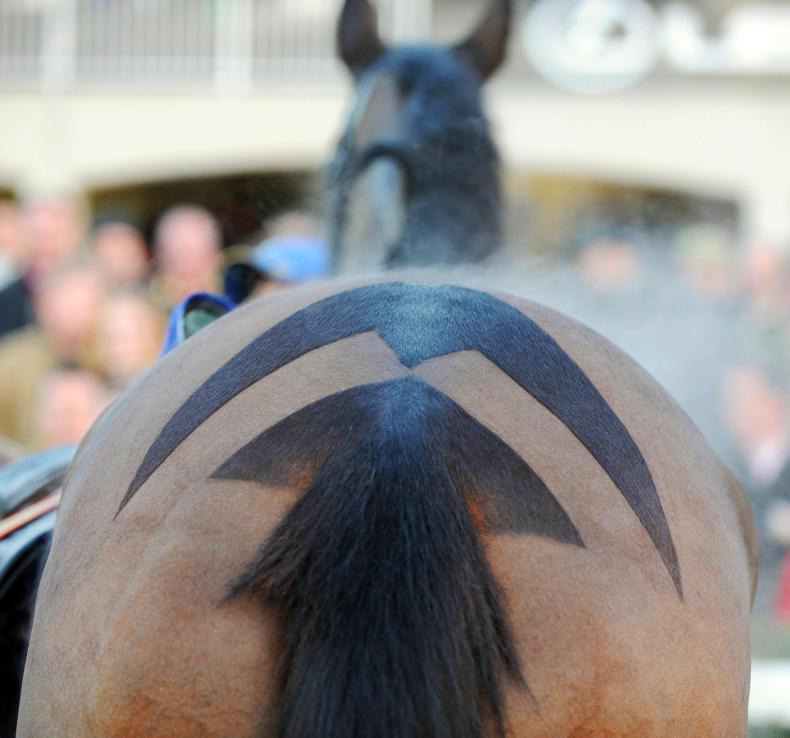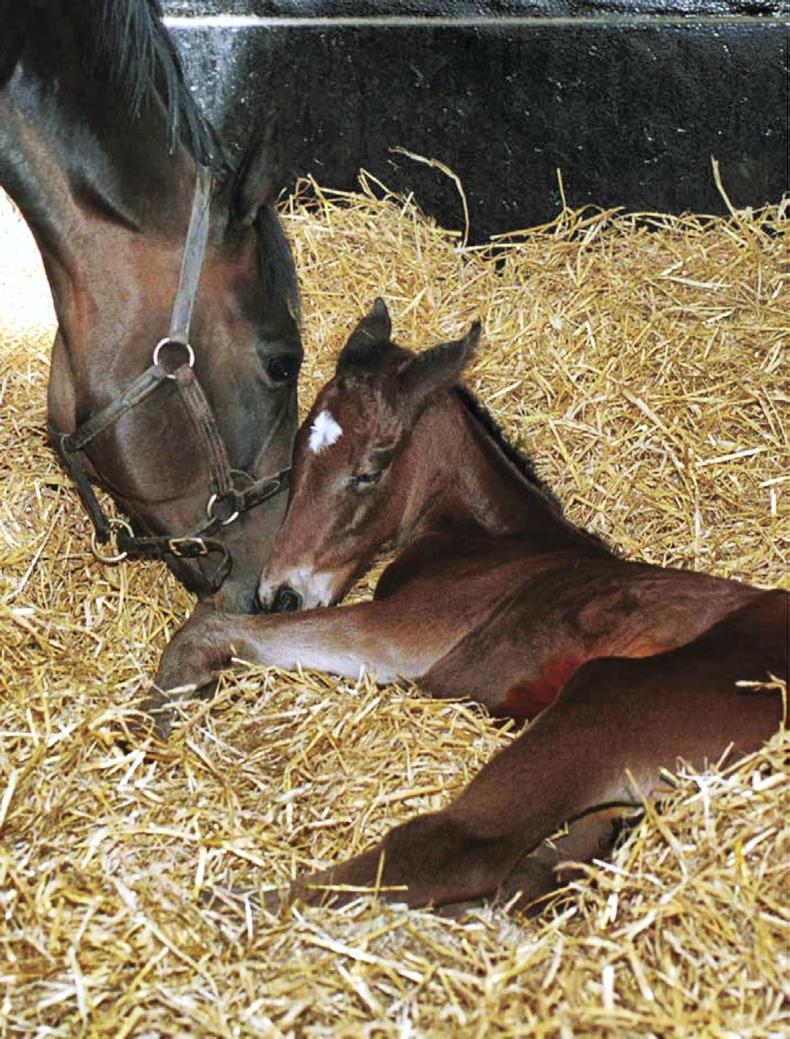This content is copyright protected!
However, if you would like to share the information in this article, you may use the headline, summary and link below:
Title: FOALING FEATURE 2019: Top 10 tips for foaling
We have put together 10 simple tips to help you through the foaling season
https://www.theirishfield.ie/foaling-feature-2019-top-10-tips-for-foaling-438490



 This is a subscriber-only article
This is a subscriber-only article
 It looks like you're browsing in private mode
It looks like you're browsing in private mode









SHARING OPTIONS: